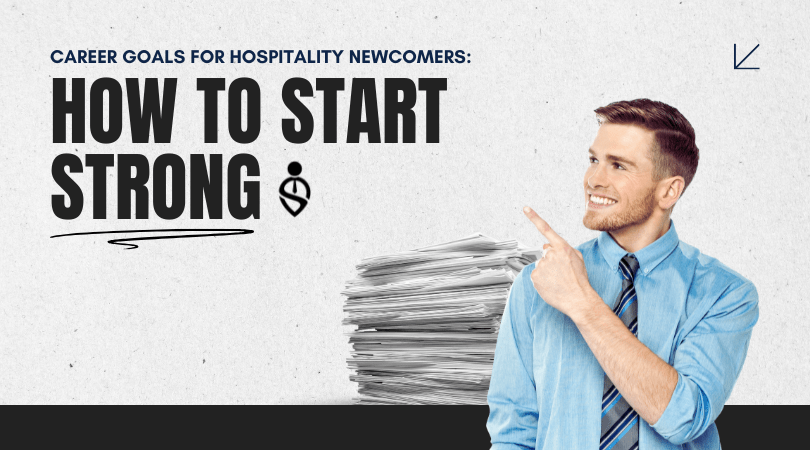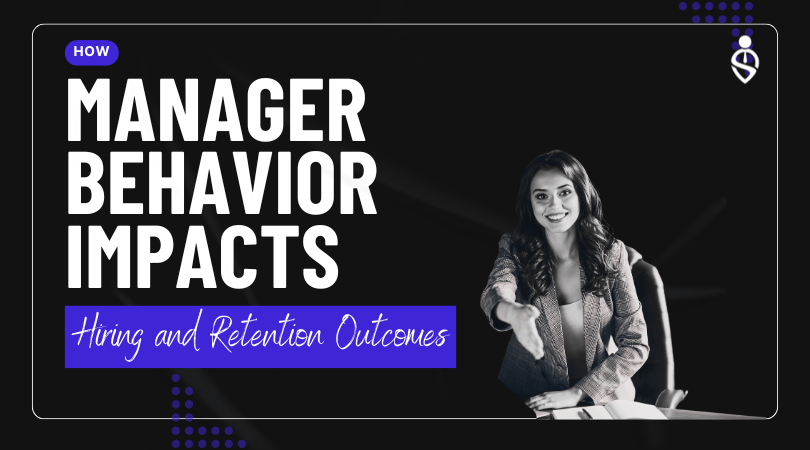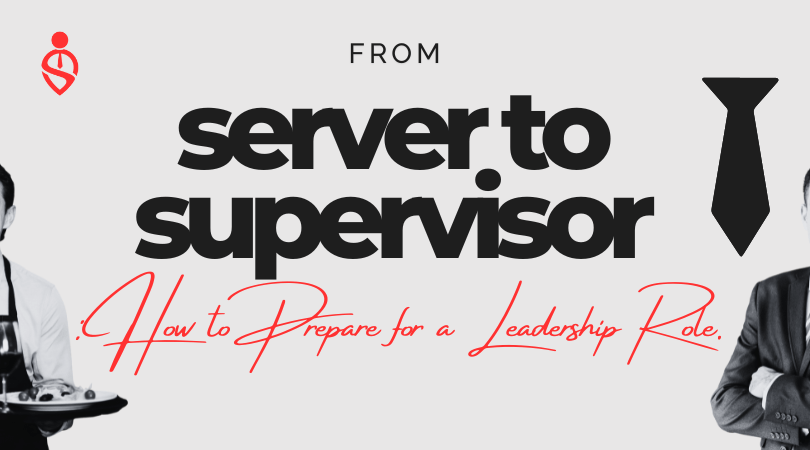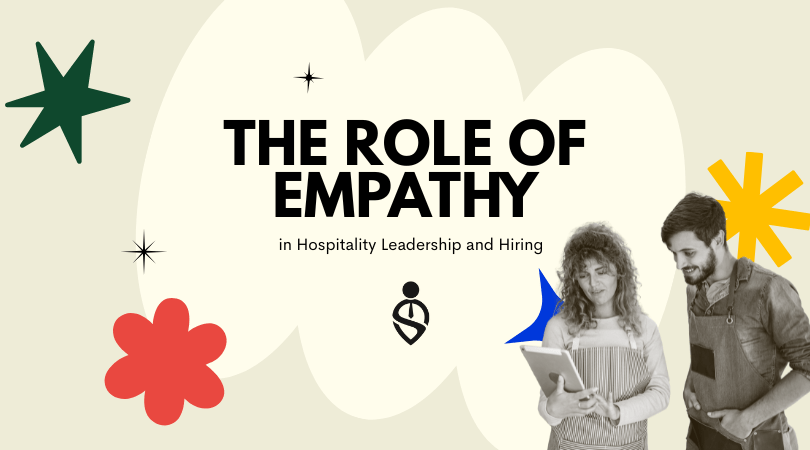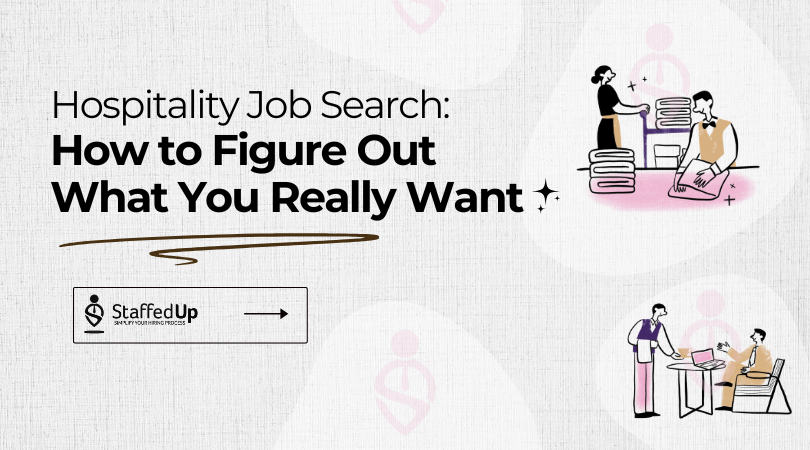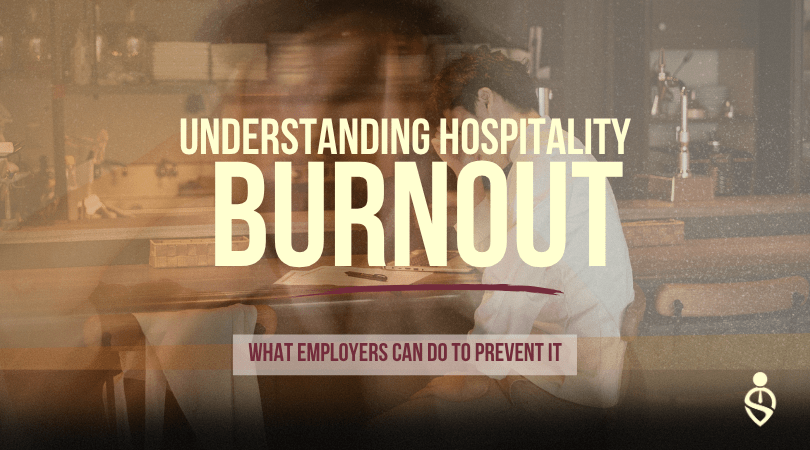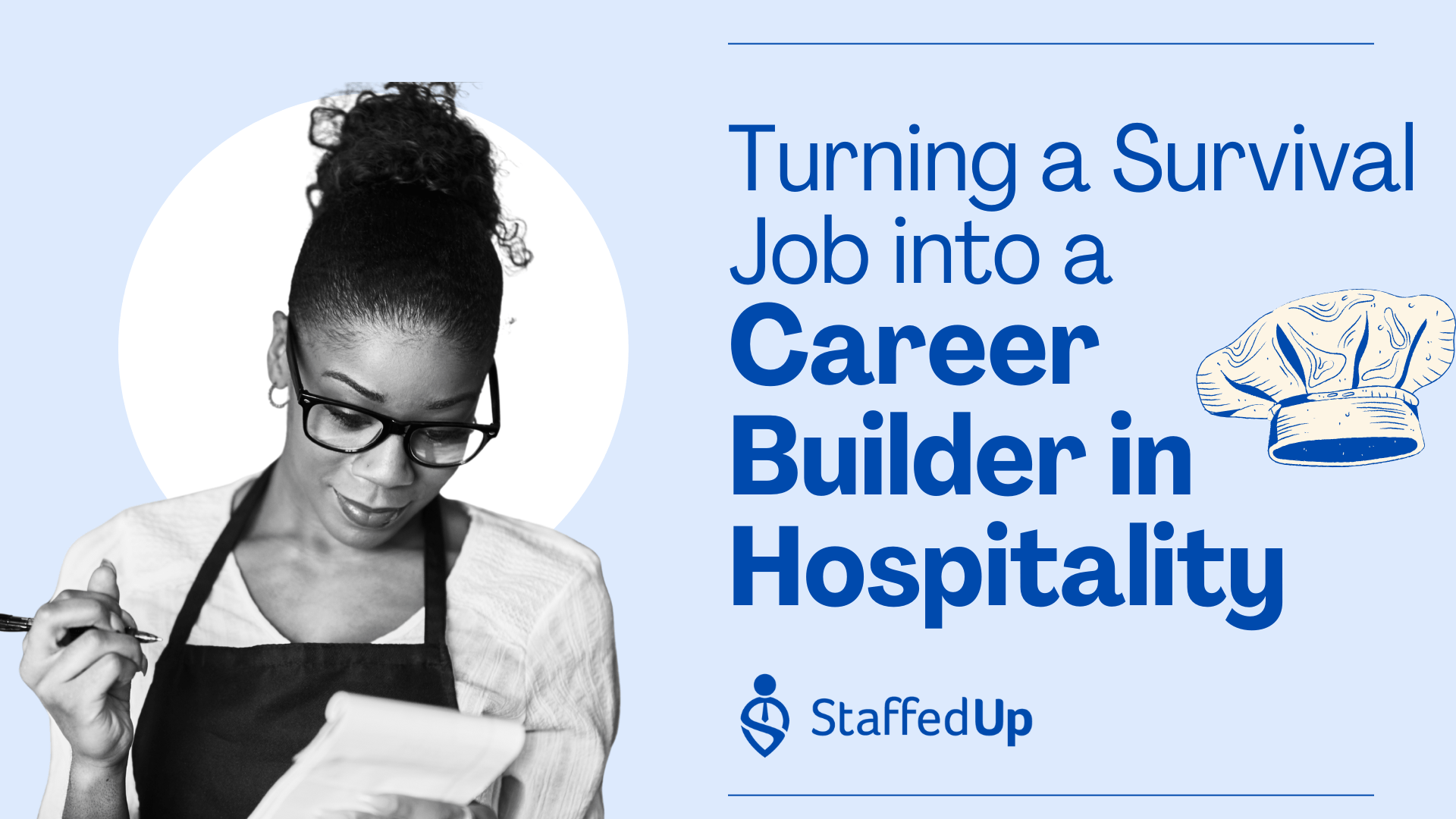Starting your first job in hospitality? Whether you’re bussing tables, greeting guests, or prepping meals in the back, you’re already laying the foundation for a rewarding career. But without a plan, it’s easy to feel stuck in the day-to-day hustle. That’s where setting clear career goals can help.
Here’s how to take control of your future — even if you’re just getting started.
1. Understand the Hospitality Landscape
Before setting career goals, get familiar with the types of jobs and growth paths available in hospitality. Entry-level roles like server, host, or line cook often lead to management positions, event planning, or even entrepreneurship.
Spend a little time researching paths that excite you. Resources like the National Restaurant Association offer insights into training and advancement opportunities.
2. Set SMART Goals (Even Small Ones)
When you’re new, it’s okay if your first career goals feel small. The key is to make them SMART:
- Specific: “I want to learn how to manage the POS system.”
- Measurable: “I’ll ask to run the system during my next two shifts.”
- Achievable: “I’ve shadowed a coworker already—I’m ready.”
- Relevant: “This helps me prep for a supervisor role.”
- Time-bound: “I’ll do this within two weeks.”
Small wins build confidence and momentum, helping you stay motivated.
3. Learn on the Job
One of the best parts about hospitality? You learn by doing. Observe your team, ask thoughtful questions, and be open to feedback. These soft skills — like communication, time management, and adaptability — are just as valuable as technical ones.
Bonus tip: Keep a note on your phone of tasks you’ve learned or improved on. This will help you track progress and prep for future job interviews.
4. Talk to Your Manager
If you’re serious about your future, say so. Managers appreciate employees who want to grow. Ask what steps you can take to earn more responsibility. Maybe it’s cross-training in another area or taking on small leadership tasks during busy shifts.
Having these conversations shows initiative — a quality that rarely goes unnoticed in hospitality.
5. Revisit and Adjust Often
Your first career goals aren’t set in stone. As you gain experience, your interests may shift. That’s okay. Revisit your goals every few months and adjust them to reflect what you’ve learned.
The American Hotel & Lodging Educational Foundation offers scholarship opportunities and career tools to help you keep growing if you decide to pursue hospitality long term.
Start Strong with StaffedUp
At StaffedUp, we make it easier to find jobs that match your career goals — whether you’re stepping into your first role or exploring your next move. Our application process is streamlined, mobile-friendly, and built specifically for hospitality jobs.
Find your next opportunity today, and take one more step toward a career you’re proud of.
